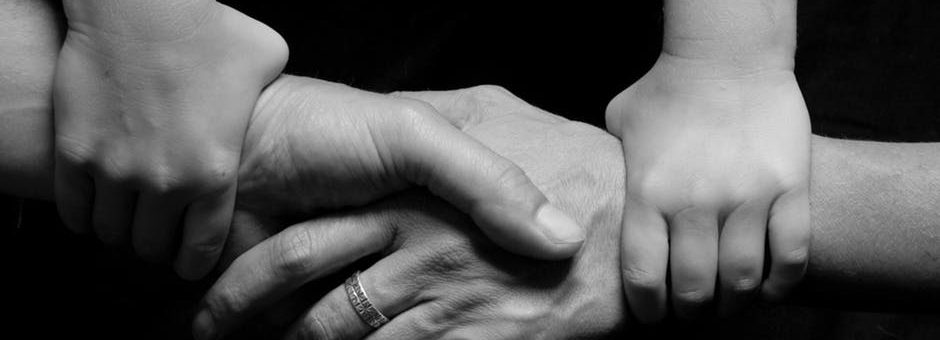There is something so repugnant to the world about a believer holding fast to God in face of calamity and evil. Some see it as utter foolishness and mock, some cannot help but muse within them about the certainty of things unseen, and the ground for a believer’s hope, while others openly express amazement at the endurance and steadfastness of such a man.
What this sight cannot do is leave any man indifferent. There is a certain beauty that suffering brings out of a man whose heart is stayed on God, and this beauty shines forth amidst the sludge of evil. If not careful, we miss out on this jewel muddled in mud, brought out only by patient endurance in face of suffering.
‘Though He slay me, yet will I trust Him.’
Job 13:15-16
Job has been under tremendous pain now. Those who know his story understand how impossible it is to step into his shoes, unless a similar scenario happens to us, a scenario we so dread that we simply want to relate with in theory. His friends, who should have brought him consolation have been a source of consistent discomfort, as they accuse him of having sinned before God. And lest we be too harsh on them, their theology is still a pillar for many churches here; a theology of retribution as God’s primary basis of relating with us.
But back to Job. He is sure that the sovereignty of God over all creation is such a way that nothing would have happened to him without God permitting it. He was not under the illusion of ‘the devil did this, God had nothing to do with it’. He knew that God, and not Satan, was in control. If Satan did anything to him, it was because God allowed him to. And of course, that is what chapters 1 and 2 show us.
Job, still not sure why he is suffering, desiring to be relieved of the pain and agony, and aware that God’s hand is on Him, utters those precious words: ‘though He slay me, yet I will trust Him’. Oh my!
That is unlike the reaction of most of us in trouble. And often our troubles are far easy, in comparison to Job. We lose a job, and we wonder where God was. We lose our business and ponder on whether to go to church next Sunday. We are far too easily undone by calamity that Christ becomes a sort of ancient memory.
The world is looking for a steadfast believer, a man who wades through this world’s troubles with a sense of ease, joy and humble serenity. The heathen watch us in troubling time asking, ‘will their God save them?’ And Satan knows this, and often whispers these same doubts into our ears, ‘where is your God now?’.
Suffering, rather than be an Achilles heel for faith, is actually a stage for God to demonstrate his goodness. As C. S. Lewis put it, it is God’s megaphone. God whispers to us in good times, and shouts in the dark ones. Solomon put it this way: ‘Better to go to the house of mourning than to go to the house of feasting, for that is the end of all men; And the living will take it to heart. Sorrow is better than laughter, for by a sad countenance the heart is made better. The heart of the wise is in the house of mourning, but the heart of fools is in the house of mirth.’ (Eccl 7:2-4).
Our attitude in and towards suffering must be Job’s. We must have an unshakeable confidence in the goodness and wisdom of God, that when calamity befalls us, we may be able to say, ‘I don’t know why this is happening, but because I know God is in control, everything will work out for my good’. Let this testimony of Job encourage you.

